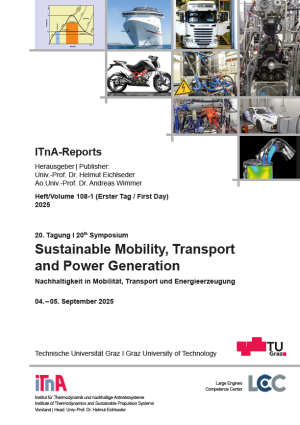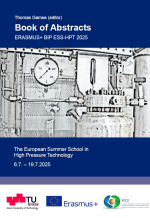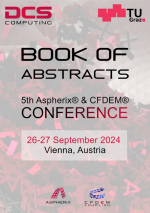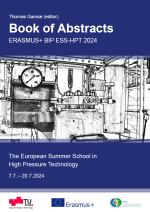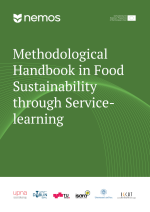The need for mobility, transport and energy supply is constantly increasing. Various drive concepts based on combustion engines, fuel cells, hybrid and battery electric systems will be used for this in the future. The main goal and at the same time the greatest challenge for their development is environmental compatibility and sustainability. For the many combustion engines that are used almost exclusively in some applications with high energy requirements, the further reduction of pollutant emissions up to a “zero impact” level and the achievement of this are key extremely ambitious CO2 target values in the foreground. Essential key technologies can be found in the area of future fuels (e-fuels) up to hydrogen, new engine and exhaust gas aftertreatment concepts as well as the electrification of drives. An extremely high degree of system integration, digitization and simulation will enable and accompany the path to these new solutions.
In this conference volume, new approaches and implemented concepts for solving these challenges are explained in 37 contributions by outstanding international experts. The focus is on drive concepts for cars and trucks and on large engines.
20th Symposium Sustainable Mobility, Transport und Power Generation, 04.-05. September 2025
published by: Helmut Eichlseder, Andreas Wimmer
ISBN: 978-3-99161-051-9
Scope: 418 pages
Language: Deutsch, Englisch
Release date: October 2025
Series: iTnA-Reports ab Vol. 105; IVT-Mitteilungen ab Vol. 100; VKM-THD Mitteilungen, Issue 108-1/108-2
€ 160.00
The need for mobility, transport and energy supply is constantly increasing. Various drive concepts based on combustion engines, fuel cells, hybrid and battery electric systems will be used for this in the future. The main goal and at the same time the greatest challenge for their development is environmental compatibility and sustainability. For the many combustion engines that are used almost exclusively in some applications with high energy requirements, the further reduction of pollutant emissions up to a “zero impact” level and the achievement of this are key extremely ambitious CO2 target values in the foreground. Essential key technologies can be found in the area of future fuels (e-fuels) up to hydrogen, new engine and exhaust gas aftertreatment concepts as well as the electrification of drives. An extremely high degree of system integration, digitization and simulation will enable and accompany the path to these new solutions.
In this conference volume, new approaches and implemented concepts for solving these challenges are explained in 37 contributions by outstanding international experts. The focus is on drive concepts for cars and trucks and on large engines.

